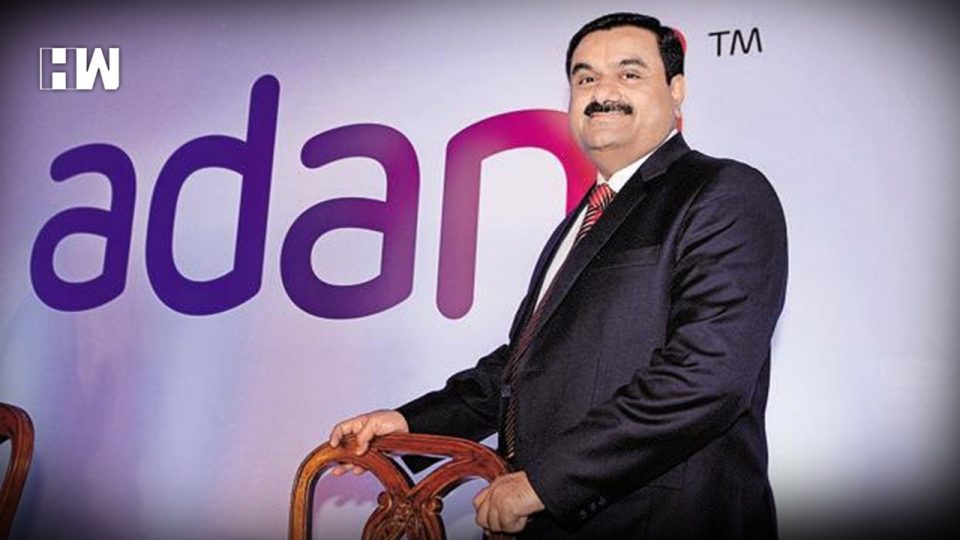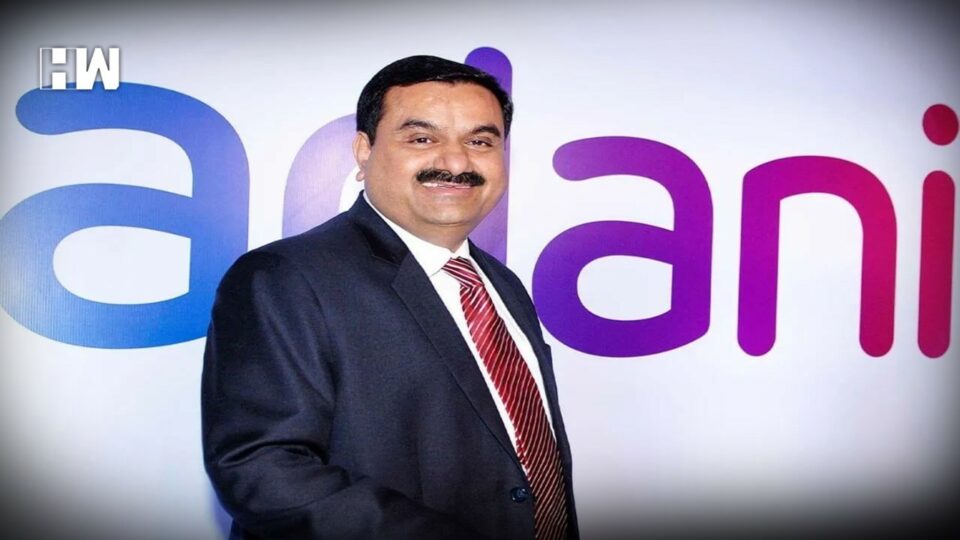Solicitor General Tushar Mehta, appearing for the Centre and SEBI, said that the market regulator and other statutory bodies are equipped to deal with the present situation arising out of the Hindenburg report.
The Centre has no objection to a proposal for setting up a panel of domain experts to look into strengthening the regulatory mechanisms for the stock market, the Supreme Court was told on Monday while it was hearing pleas relating to the Adani stocks rout after the Hindenburg report, reported Indian Express.
The central government, however, told a bench headed by Chief Justice DY Chandrachud that it wanted to give the names of the domain experts for the committee and the scope of its mandate in a sealed cover in larger interest.
Solicitor General Tushar Mehta, appearing for the Centre and SEBI, said that the market regulator and other statutory bodies are equipped to deal with the present situation arising out of the Hindenburg report.
“The government has no objection to forming a committee. But, the remit of the committee, we can suggest. We can provide names in a sealed cover,” the law officer said.
Mehta apprehended that any “unintentional” message on setting up of the panel may have some adverse impact on the inflow of money.
The top court has now listed two PILs, alleging exploitation of innocent investors and “artificial crashing” of the Adani Group’s stock value, for hearing on Friday.
On February 10, the top court said the interests of Indian investors need to be protected against market volatility in the backdrop of the Adani stocks rout and asked the Centre to consider setting up a panel of domain experts headed by a former judge to look into strengthening the regulatory mechanisms.
It had also sought the views of the Securities and Exchange Board of India (SEBI) and the Centre as to how to ensure a robust mechanism is in place since the capital movement now is “seamless” in the country.
As an independent media platform, we do not take advertisements from governments and corporate houses. It is you, our readers, who have supported us on our journey to do honest and unbiased journalism. Please contribute, so that we can continue to do the same in future.


